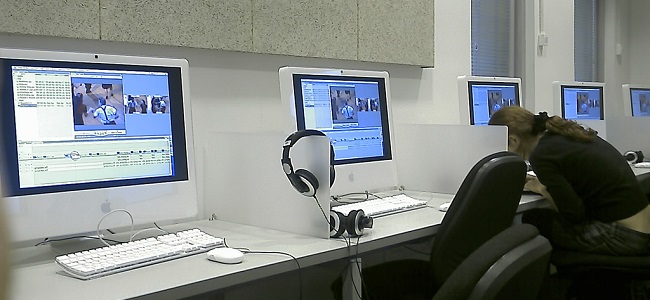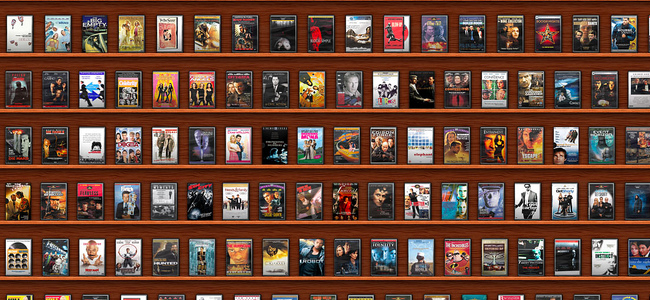Much has been made of how powerful blogging can be in education, by experts such as David Mitchell. But how can online writing platforms benefit teachers? English and SEN educator ‘Cazzypot’ discusses how blogging has helped her over the last couple of years.

Late in 2012, I decided I'd start writing a local history blog. Although, having been an English teacher for the last 19 years, this possibly wasn't the most logical choice. I did write one history post, but it wasn't long before I realised that I had far more to say about issues that were happening In the world of education.
Media Studies is a terrific subject, one that can offer terrific insight into journalism, the arts and more. Andrew Miller, teacher of Creative Media & Film at Queen Mary's College in Basingstoke, looks at why the subject is seen as being soft, and what Media Studies teachers can do to change that.

With a new academic year comes a new cohort of AS Media Studies students, and I ask them to produce a 750-word essay entitled ‘Why I chose Media Studies’. This introductory activity is aimed to give me an insight into each learner’s writing ability and style, but it has proven to have other benefits. The majority of learners will write about how the Media industries are an important part of the world that act as a force of good, but many have written about how they had to do another subject to make up a full programme, and how the person doing their enrolment said Media Studies would be “easy”.
Chances are, you watched the occasional film in school. Dances With Wolves, Of Mice and Men, Chicken Run, Hamlet… there are plenty of movies that do the rounds. As such, I’ve suggested my own list of 10 films that I’d recommend using in the classroom, depending on the age group. Now, these are of course down to your discretion. I’d absolutely recommend checking out the BBFC descriptions for each one, and you may even want to watch them yourselves before putting them on for your pupils. Each of these films offer something useful for studying larger issues, and should be ideal for some very fruitful discussions afterward.
As seen with Nicole Ponsford’s article last month, film offers many different qualities for teaching students of all ages. Jane Fletcher, director of education at British charity Into Film, gives her thoughts on how teachers can employ movies to teach a wide variety of fields.

In a world where the moving image is becoming increasingly dominant it makes sense to acknowledge film as the richest of educational resources, with the capacity to broaden young people’s horizons, enrich their learning experiences and raise attainment. Film has extraordinary production values in which art, science and technology meet.
Media teachers have a plethora of technology available for use in their duties, but which tablet to use? Finham Park School’s Head of Creative Arts Mike Gunn shares why he lives and dies by the iPad when it comes to media studies.

As an advocate of BYOD, I've always talked to colleagues about the benefits of different devices and approaches within a "mixed economy" digital learning space (or "classroom where everyone's phone is different”, as it's more commonly known). Largely, what you want to do should dictate the type of device you use, and I'm quite happy to work in a multi-device environment. Until I walk into my Media classroom.
Given that most people enjoy watching movies, it’s often tempting to just ‘put on’ a film. However, while the age of pupils will restrict screening opportunities (Junior schools will likely continue to miss out on Goodfellas), there are still a huge amount of films that students can really sink their teeth into. What is the moral subtext of The Iron Giant? What can Casablanca tell us about narrative? Trained cineaste Nicole Ponsford gives her advice on how to make the most of a flick in the classroom.

Are you one of those teachers who “puts” on a film on the last day of term? Are you? Well if you are, I am afraid you will not be getting a Christmas card from me. As a film teacher, I like to teach film. I think one issue that causes film to have a bad name in education is that many adults see film as escapism and therefore do not know how or why it needs teaching. They associate it with their childhood and they do not see that moving image / film/ the movies are an art form.

Five years ago, when I first started working with clients on social media, I needed to explain to many of them what it was. Times have changed. Nearly every school now has some kind of presence on social media, but few use it well.
In a nutshell, social media is where your entire school community resides:

A community-driven platform for showcasing the latest innovations and voices in schools
Pioneer House
North Road
Ellesmere Port
CH65 1AD
United Kingdom